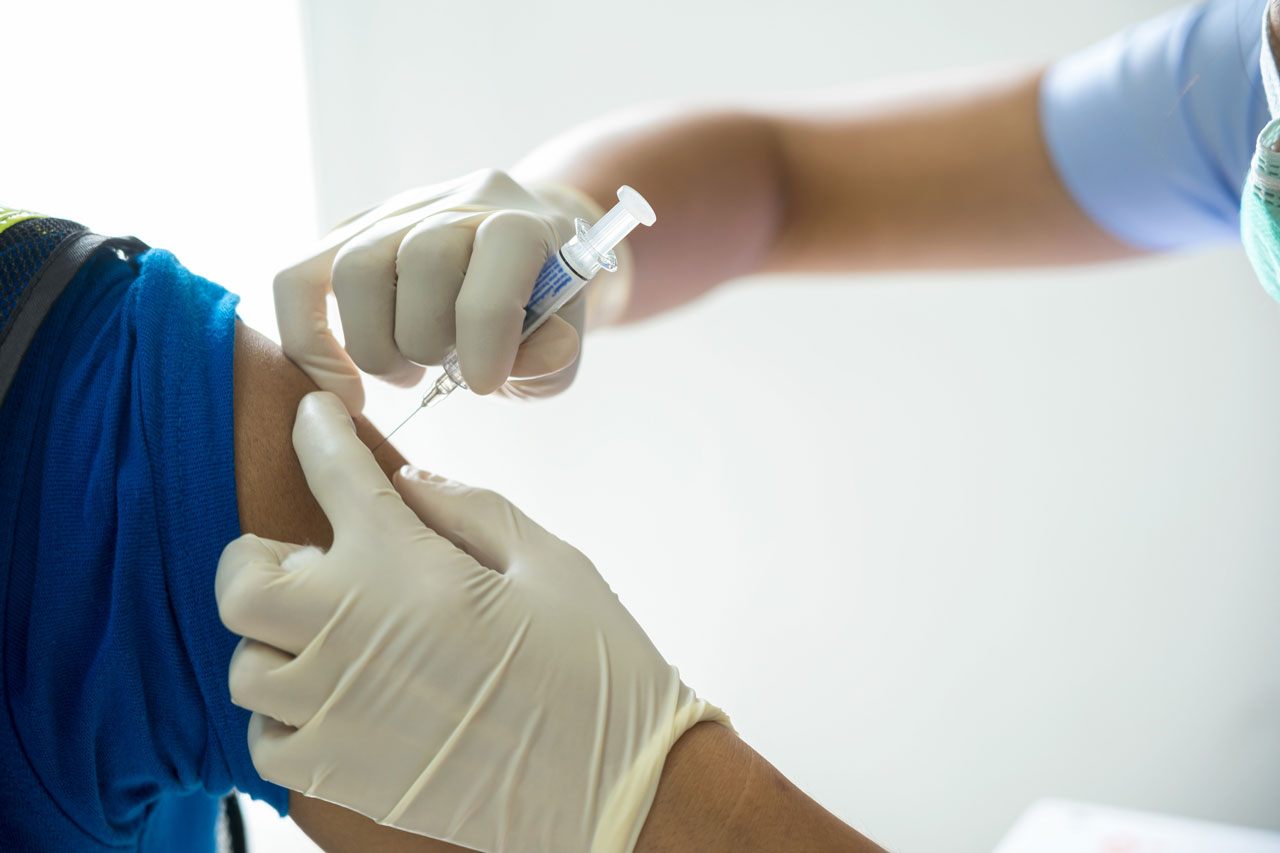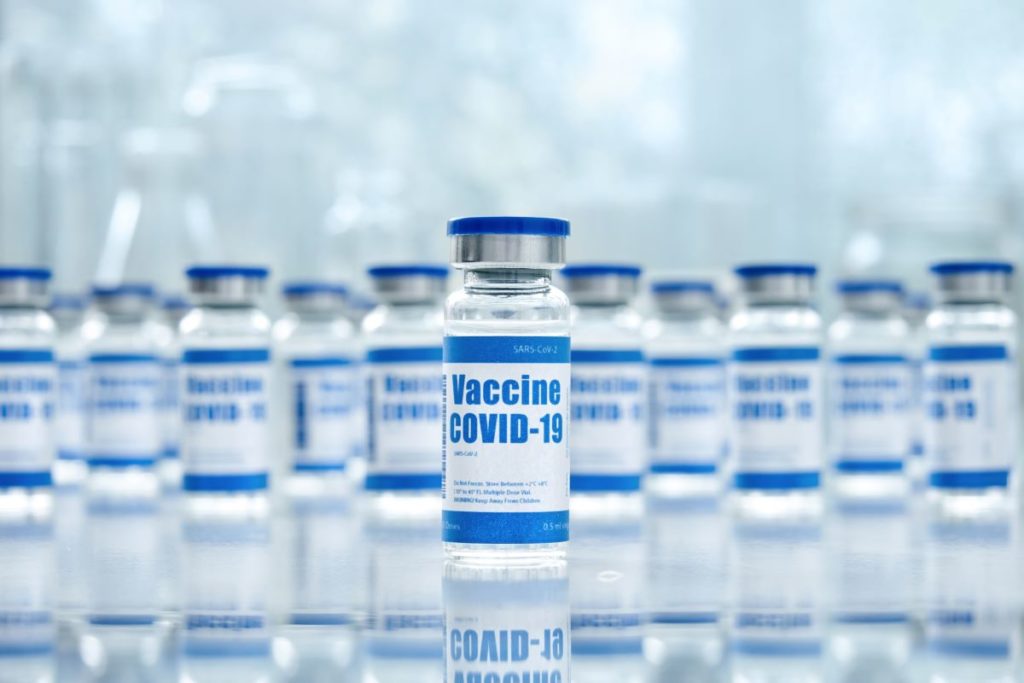Clinically extremely vulnerable people in England have today received further guidance on keeping safe as the country introduces new national restrictions from Thursday, the government has announced.
The new advice details further precautions those in this group can take on top of the tougher national measures being introduced, as cases continue to rise across the country. Everyone not considered to be clinically extremely vulnerable will be expected to follow the new restrictions, such as staying at home unless shopping for food or exercising and not meeting up with people outside of the household.
The updated guidance, which clinically extremely vulnerable individuals are strongly urged to follow, includes:
Socialising: stay at home as much as possible, except to go outdoors to exercise or attend health appointments. People can exercise with those they live with or in their support bubble.
Work: if people cannot work from home, they should not attend work. They may be eligible for Statutory Sick Pay, Employment and Support Allowance, Universal Credit or the Coronavirus Job Retention Scheme during this period of national measures. People in the same household who are not clinically extremely vulnerable can still attend work, in line with the new national restrictions.
School: as evidence has shown there is a very low risk of children becoming very unwell from COVID-19, most children originally on the shielded patient list no longer need to be and therefore can still attend school. If they are unsure, parents should contact their child’s usual GP or hospital clinician to check whether they should still be considered clinically extremely vulnerable. If a GP or clinician has advised that a child should remain on the shielded patient list, they are advised not to attend school. Children who live with someone who is clinically extremely vulnerable, but aren’t themselves, should still attend school.
Going outside: avoid all non-essential travel – they should continue to travel to hospital and GP appointments unless told otherwise by their doctor. They are strongly advised not to go to any shops or to pharmacies.
The government will also be providing over £32 million to upper tier councils in England to support the clinically extremely vulnerable over the next month. It will be used to provide support, such as access to food deliveries and signposting to local support of befriending services, to the most at risk and enable them to stay at home as much as possible over this short period.
Deputy Chief Medical Officer for England, Dr Jenny Harries said, "We have previously said that where the conditions of transmission of the infection alters significantly we would alert patients in relative regions. With the prevalence of the virus continuing to increase across England and in places across the world, it’s right that we adjust our advice for the clinically extremely vulnerable accordingly so they can feel as safe as possible over the coming few weeks.
Our guidance for this group of individuals has always been advisory, but I would strongly urge all those who are clinically extremely vulnerable to take these extra precautions to keep themselves as safe as possible.
Individuals in this group will also be able to use an online service which will help people to request priority access to supermarket delivery slots and to inform their council they need help. NHS Volunteer Responders can also help with a regular, friendly phone call, and transport to and from medical appointments.
The clinically extremely vulnerable group includes those with reduced immune systems, for example due to organ transplants, or those with specific cancers or severe respiratory conditions, such as cystic fibrosis. The group list is updated regularly as patients’ conditions or the scientific evidence changes, so the majority will have received a letter previously from the NHS or their GP advising them of their inclusion.
Due to new evidence about groups more likely to be at risk of serious illness from COVID-19, those with chronic kidney disease (stage 5) and those undergoing dialysis, as well as adults with Down’s Syndrome, are also being added to the shielding patient list by the NHS.
Those with more general underlying health conditions or who are 70 or over may still be more vulnerable to COVID-19 than the general population, so are also advised to stay at home as much as possible, to carefully follow the rules and minimise contact with others.
The new national restrictions will come into force from Thursday and are set to be reviewed on 2 December.

 The new national restrictions will come into force from tomorrow and are set to be reviewed on 2 December.
The new national restrictions will come into force from tomorrow and are set to be reviewed on 2 December.




















.jpeg)


.jpeg)



.jpeg)
.jpeg)






.jpeg)





